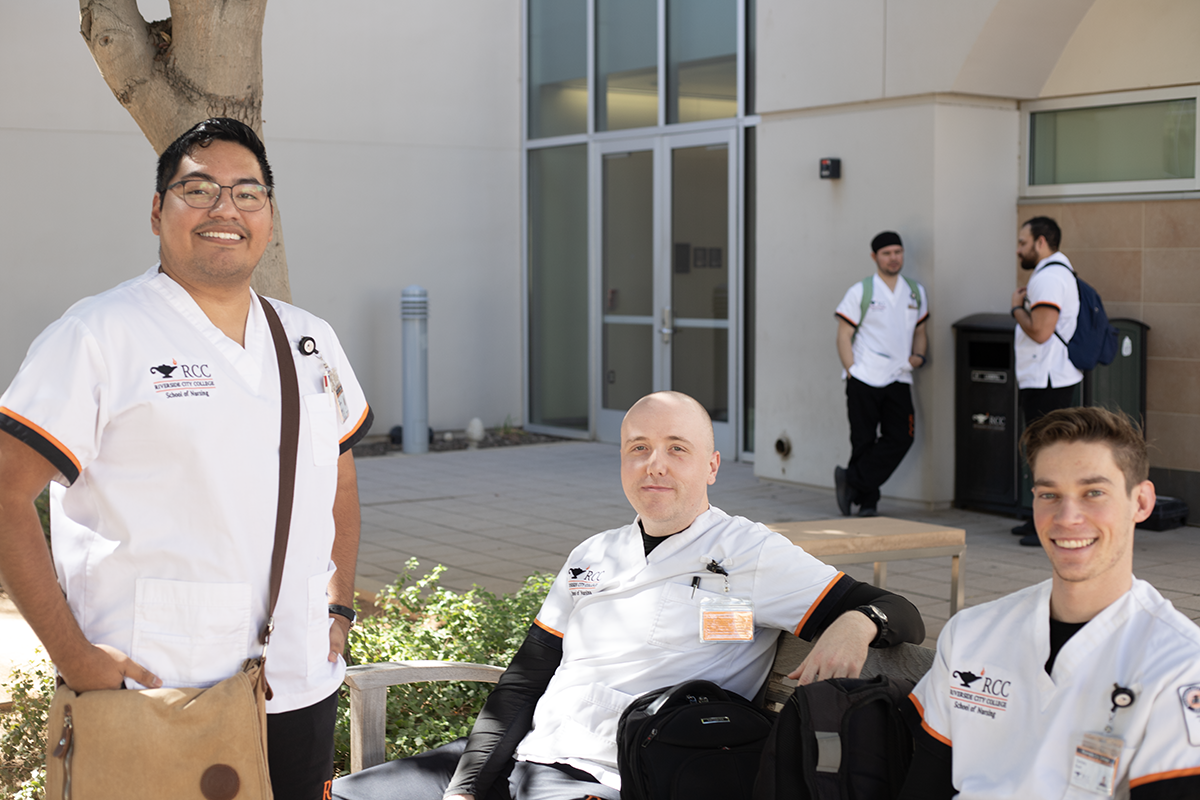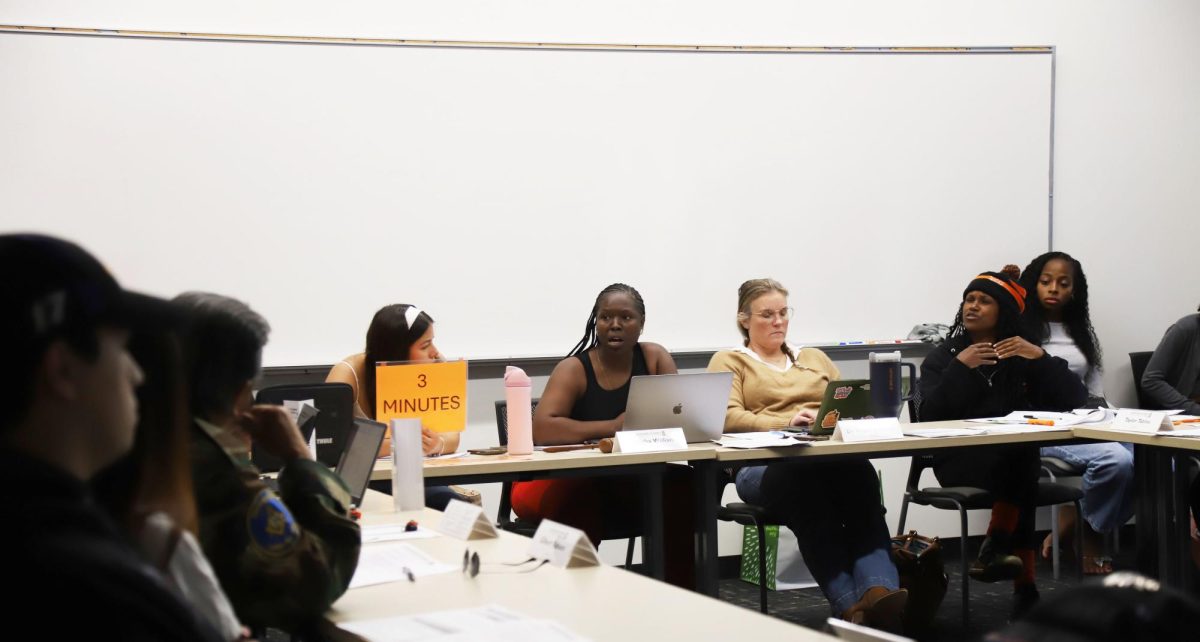By Desiree Perez
By Desiree Perez
You can’t call yourself an action hero until you’ve added ‘saving the first amendment’ to your resume.
That’s exactly what Governor Schwarzenegger did when he signed Assembly Bill 2581.
This victory for the first amendment was the last stand of a struggle that spanned nearly two decades.
Back in 1988, in the Hazlewood School District v. Khulmeier hearing, the Supreme Court decided that high school administrators had the authority to censor school sponsored forms of expression.
While all school-sponsored expression was included, this had a significant impact on school newspapers.
You might think that the ruling wasn’t a big deal. At first glance, you might even think that Hazelwood was a good decision.
Having someone to censor the articles would prevent immature and unreliable journalism.
This is true, but student journalists have to abide by the same rules as professional journalists.
They can’t spread lies about people or print false stories
What was so frightening was that the decision gave very vague and far reaching rights to the administration.
A high school teacher could censor an article for being “ungrammatical”, “poorly written”, and worst of all, “inconsistent with the shared values of a civilized social order.”
Wow, that pretty much covers anything.
While college students weren’t immediately affected by Hazlewood, it set a dangerous precedent.
In Nov. 1997, college students narrowly escaped the same censorship. In the Kincaid v. Gibson decision, students filed a complaint against Kentucky State University and won.
University officials refused to distribute the yearbook, claiming it was poor quality, and transferred the newspaper’s advisor to a secretarial position after she refused to censor articles that criticized the administration. Fortunately, the courts ruled in favor of the students’ First Amendment rights.
You might not have been aware of it, but the freedoms of college students had been at risk since June 20, 2005. That was the day the Hosty v. Carter hearing made censorship a real problem.
In the Hosty case, angry college administrators decided to halt the printing of the school newspaper.
They didn’t want the paper to be published until they had reviewed it, and they wanted prior approval of all articles to be written in the future.
Students clearly saw this as a violation of their first amendment right to freedom of the press, so they sued.
At a district level court hearing, and at a three-judge appellate court hearing, the students won their case.
Unfortunately, the U.S. Seventh Circuit Court of Appeals reversed the earlier decisions and ruled in favor of the administration.
The new ruling created a dangerous gray area concerning the first amendment freedoms of college journalists and their ability to inform their student body.
When questioned about the effects of the Hosty decision, Daniel Tedford, editor-in-chief of Cal Poly Pomona’s student newspaper, made the drawbacks painfully clear.
“It is a terrible feeling to be censored in an effort to inform your student body. It’s a gag and if the press is silenced, or controlled in such a manner, it is almost rendered useless,” Tedford said.
As a response to this federal hearing, California assemblyman Leland Yee, authored Assembly Bill 2581, to extend the rights of professional journalists to their collegiate counterparts.
When the bill reached the Governor’s desk, he signed it in to law.
Just like that, California’s college journalists no longer have to live in fear.
Censorship was terminated, and the rights and freedoms of this state’s college students were safe once again.
For California’s budding journalists, the passing of the bill was cause for celebration.
For the Govenator, it was just another day; another freedom saved.






